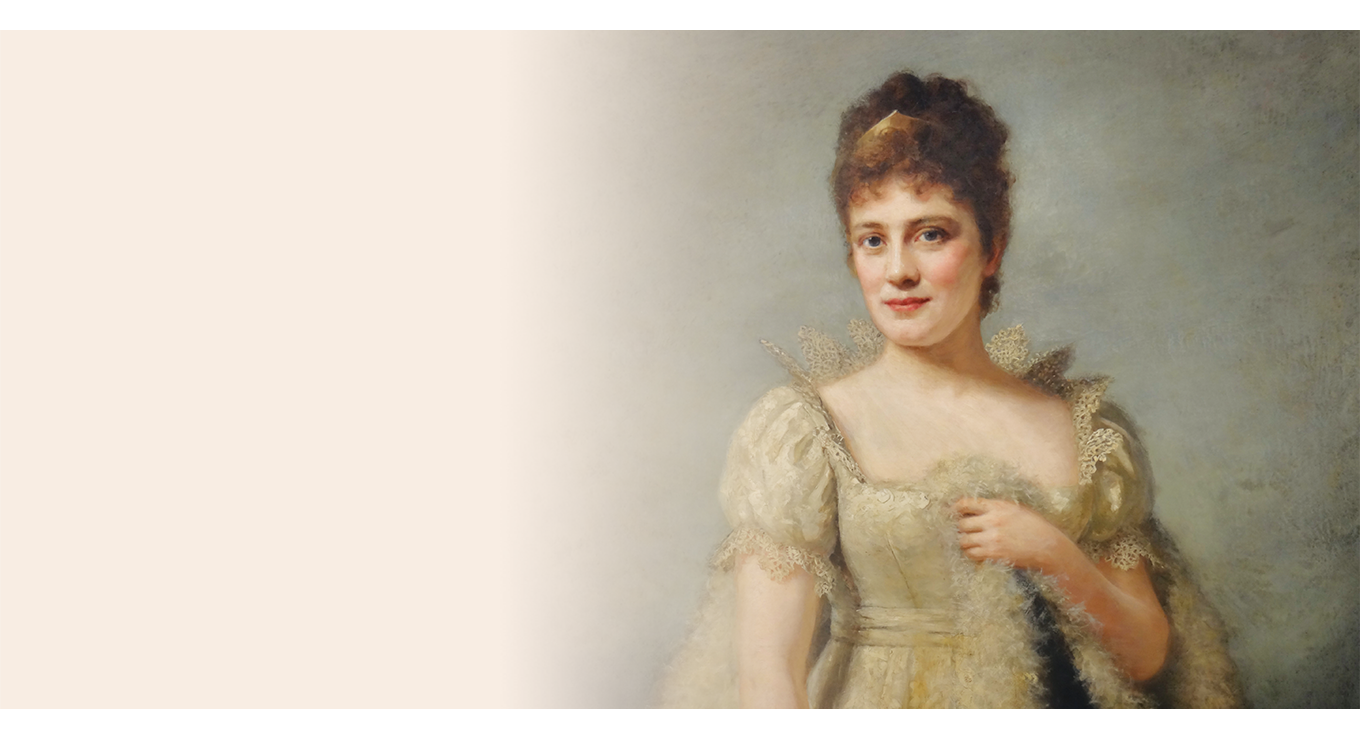Music Passes From Ear to Ear
Farmington, Maine
Music passes from ear to ear,
along the streets, year by year,
a stretched band that bunches
the shirred pleats of time’s heavy curtain
opening and closing on the ever changing stage.
Childhood memories age and slip,
loose and rattling in their assigned spots.
Forgotten lines, broken props,
ambivalence heightens in the eldritch light
of Nordica Auditorium’s night
where local ghost hunters
whisper and wait for particles of the past
to reassemble in mysterious
bursts of breezes up sleeves
and knocking noises up in the rafters.
Hear him come, the first Town Clerk,
Maine’s Handel, old man Belcher,
harmonies drift down from the balcony
carrying the voices of Pierpole’s children,
perfect in pitch singing the Psalter.
Here she comes, Farmington’s Diva,
Lilliana whispering now that she’s dead,
enough her soprano arias still
echo across the song halls of Europe,
Violetta and Elsa, Isolde and Venus
in obdurate encore under the stars.
Hear the strains of the professor playing
piano playing Liszt playing Beethoven
playing a walk through the countryside
into the storm and out again.
Every age is a city on a fire,
Pleasant Street choking on smoke
in the burning of what is passing away,
leaving behind an altered world,
the allegretto, the shepherd’s song,
the legacy of the chrysalis
for all who will not dull the sound,
who will not close their eyes to this
nor muff the ear to dampen down
the music of the march that must be made
by time’s inevitable town parade.
NOTES:
Nordica Auditorium is a theater in Merrill Hall on the campus of the University of Maine at Farmington, which carries a folkloric reputation for being haunted by the ghost of the famous opera singer Lilliana Nordica who was born in Farmington in 1857.
Supply Belcher is an important early figure in the history of Farmington. He was well known as a composer and choir director and was rumored to have taught music to the children of an important local Native American leader named Pierpole. He published a collection of his compositions called The Harmony of Maine in 1794. He became Farmington’s first Town Clerk in 1798.
Farmington-born opera sensation Lilliana Nordica took Europe by storm in the late nineteenth century, well remembered for roles such as Violetta in Verdi’s La Traviata and for Wagner heroines such as Elsa, Isolde, and Venus.
I appreciated watching an on-line performance of Liszt’s transcription of Beethoven’s Sixth Symphony by Music Professor Stephen Pane of the University of Maine at Farmington . There are five movements in the symphony. The movements in order are allegro ma non troppo ("Joyful Feelings Upon Arriving in the Country"), andante molto mosso ("By the Brook"), allegro ("Peasant Merrymaking"), allegro ("The Thunderstorm"), and allegretto ("The Shepherd's Song After the Storm").
The town of Farmington was nearly destroyed by a catastrophic fire in 1886 that raged down Pleasant Street. The fire was started by a spark from a train.
Perhaps Farmington’s most famous historical citizen is Chester Greenwood who invented earmuffs in 1873. The city holds a parade in honor of Chester Greenwood Day every year on the first Saturday of December.
